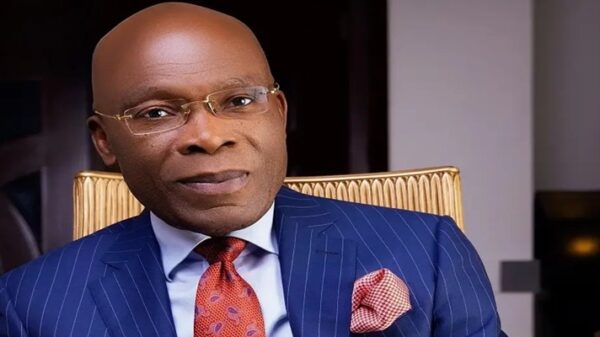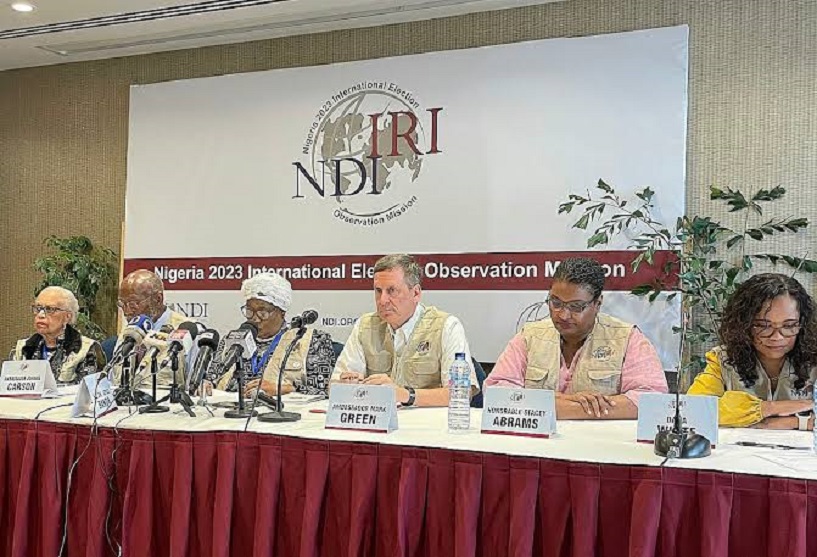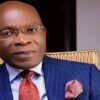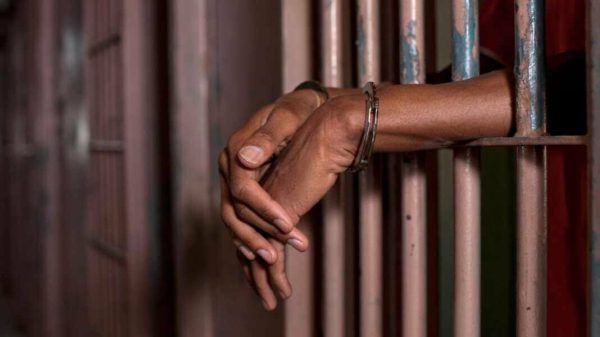At a news conference held at the Transcorp Hilton in Abuja on Monday, the European Union’s Election Observation Mission gave a preliminary report on their observations of Nigeria’s general election in 2023.
In his speech, the mission’s chief observer, Barry Andrews, revealed that there were 110 observers overall, including 96 short-term observers and representatives of the European Parliament as well as the mission’s 11 core team members.
He said that extensive claims of vote-buying, voter misinformation, and a lack of preparation at crucial points in the electoral process all contributed to the poor quality of the elections.
“Fundamental freedoms of assembly and movement were largely respected, yet the full enjoyment of the latter was impeded by insufficient planning, insecurity, and the prevailing naira and fuel shortages. Abuse of incumbency by various political office holders distorted the playing field and there were widespread allegations of vote buying.”
“Overall, stakeholders had expressed confidence in INEC’s independence, professionalism, and voter information efforts, this decreased ahead of elections.
“INEC lacked efficient planning and transparency during critical stages of the electoral process, while on election day, trust in INEC was seen to further reduce due to delayed polling processes, and information gaps related to much-anticipated access to results on its Results Viewing Portal.
“The introduction of the Bimodal Voter Accreditation System (BVAS) and the IReV for the 2023 elections was perceived as an important step to ensure the integrity and credibility of elections.
However, delayed training of technical personnel, an inadequate mock testing exercise, and a lack of information on the election technologies diminished expectations and left room for speculation and uncertainty.”
While commending citizens for their turnout at the polls, Andrew stated that the EU would continue to monitor the collation of results as well as the March 11 governorship and state assembly elections, and would present its final reports three months after the end of the election processes, in order not to interfere with the process.
“The mission continues to follow the ongoing process related to the presidential and National Assembly elections to its conclusion and will continue its activities until the 11th of March for the governorship and local state council elections. In three months, after the end of the process, our mission will deliver a final report and will include recommendations, addressing issues,” he said.
![]()






























































